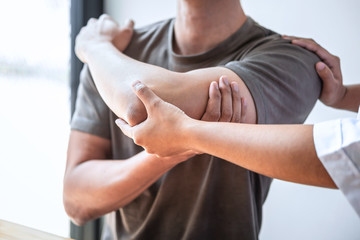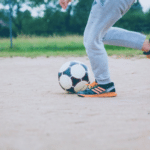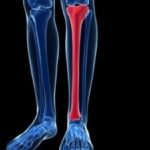
Incontinence Isn’t Just a Mother’s Problem

When you think of a physiotherapist, you mainly think sporting injuries. What many people don’t know is that we can also help with other issues such as incontinence. This is important because the burden of incontinence in Australia is outstanding.
According to the continence foundation of Australia:
- In 2010, there was an estimated 4.8 million Australians living with incontinence.
- The prevalence of incontinence is expected to increase to 6.4 million Australians by 2030.
- There will be an increase in financial cost of the issue in terms of health system expenditure, lost earnings and costs of formal and informal care.
It is often a condition not so readily bought forward in the physio world. But if you are currently suffering from this, rest assured because we can definitely help.
What are the types of incontinence?
Before we get into how we can help treat incontinence, let’s run over the basic types of incontinence:
- Stress Incontinence – This is a loss of control during any increase in intra-abdominal pressure. Such as what happens during coughing, sneezing and exercises like running and jumping.
- Urge incontinence – This is characterized by an overwhelming need to urinate and consequently, leaking. Triggers for this may include the sound of water trickling or seeing a toilet.
- Mixed incontinence – a combination of the two above.
How can Physio help with incontinence?
The two main ways Physio can help with incontinence is through exercise physiotherapy and advice/education.
Advice/Education
Old habits die hard so this part of treatment is absolutely crucial. Many people who have incontinence have nurtured the condition through bad habits such as pre-emptive urination (going to the toilet just cause you can and not because you need to) as well as straining in the toilet.
- Pre-emptive urination leads to the bladder accommodating to only carrying smaller urine volumes. This eventually leads to bladder weakness.
- Straining in the toilet means using excessive abdominal muscles to urinate or excrete. This leads to large unhealthy amounts of intra-abdominal pressure which could strain/damage abdominal and pelvic structures.
As physiotherapists we can provide patients with techniques on reducing pre-emptive urination and avoiding straining in the toilet.
Other important bits of advice include lifestyle advice such as:
- Avoiding drinking large amounts of fluids before bed – This will prevent you from waking up in the night and needing to use the loo.
- Staying hydrated – restricting water intake leads to concentrated urine which can irritate the bladder.
- Limiting coffee and alcohol – both these substances are diuretics which increase you’re need to go to the toilet.
- Losing weight – more weight means more pressure on the pelvic floor muscles and can enhance incontinence.
- Smoking cessation
Exercise Therapy:
The pelvic floor muscles are the most important to retrain in incontinence. These are the muscles lining the lower opening of the pelvic cavity.
As physiotherapists, we can help with training basic activation of these muscle groups and increasing their endurance without excessive use of accessory muscles. Once mastered, progression includes applying pelvic floor contraction to functional exercises such as squatting.
The deep core muscles are also of high importance. These muscles along with the pelvic floor work to ensure the abdominal cavity is stable. A comprehensive pelvic floor strengthening programme to help with incontinence will generally include core exercises.
The physiotherapist team at Pivotal Motion are trained to provide patients suffering with incontinence an effective core and pelvic floor strengthening programme.
This is just a basic introduction on how physiotherapists can help with incontinence. For more information or if you have incontinence, don’t hesitate to see our friendly team at Pivotal Motion by giving us a call on 07 3352 5116 or book online.




